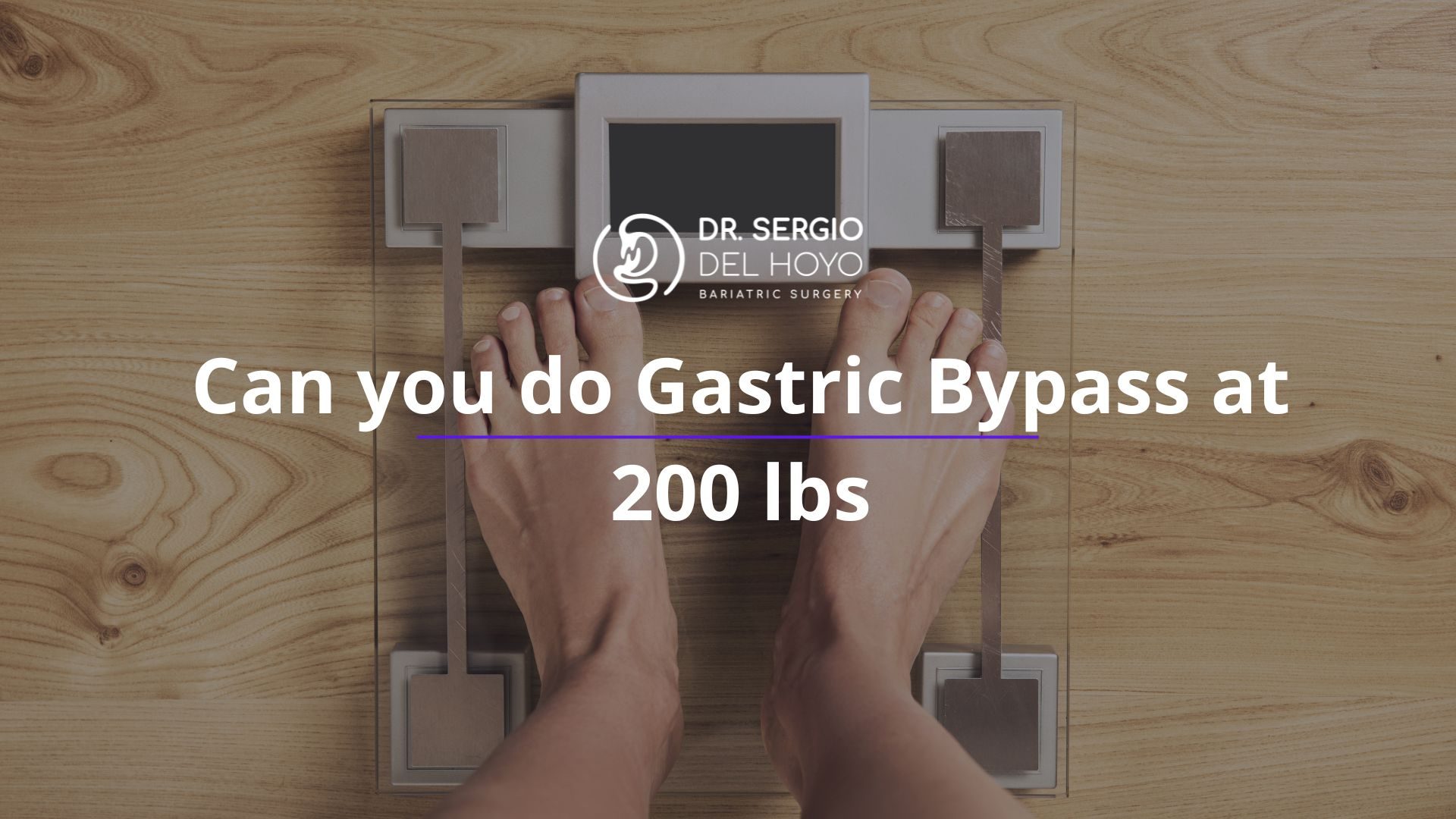Introduction
Obesity is a chronic disease that affects millions of people around the world. With the increasing prevalence of obesity, bariatric surgeries such as gastric bypass have become popular options to achieve significant weight loss and improve related health conditions. But is it possible to have gastric bypass surgery while weighing 200 pounds? In this article, we will explore gastric bypass in detail, including who needs this surgery, weight requirements, eligibility, risks and benefits, and how to prepare for the procedure. Discover if can you get gastric bypass at 200 lbs.
What is gastric bypass and who needs it?
Gastric bypass is a type of bariatric surgery that modifies the digestive system to help with weight loss. It is done by changing the shape and size of the stomach and small intestine, which limits the amount of food that can be consumed and absorbed. This surgery is intended for people with severe obesity, generally those with a body mass index (BMI) of 40 or more, or 35 or more with comorbid health conditions related to obesity, such as type 2 diabetes, hypertension, or sleep apnea. dream.
Weight Requirements for Gastric Bypass Surgery
Is 200 pounds a minimum weight or are there other considerations?
The main criterion for gastric bypass surgery is not total weight in pounds, but Body Mass Index (BMI). However, a person who weighs 200 pounds could qualify for surgery if their BMI is 35 or higher and they have comorbid health conditions. This means that for a short person, 200 pounds could put them in the category of eligibility for surgery.
Eligibility for gastric bypass surgery at 200 lbs
Comorbid health factors and their importance in the evaluation
The presence of comorbid diseases plays a crucial role in determining eligibility for gastric bypass surgery. Conditions such as type 2 diabetes, high blood pressure, metabolic syndrome, and obstructive sleep apnea, among others, can make a person eligible for surgery at a lower BMI, usually 35 or higher. This means that someone who weighs 200 pounds could be a candidate if these health conditions are present and significantly affect their quality of life.
Risks and Benefits of Gastric Bypass Surgery for 200-Pound Patients
Analyzing the benefits: Is it worth it?
The benefits of gastric bypass surgery for 200-pound patients can be significant, especially if they have health conditions related to obesity. Weight loss resulting from surgery can lead to an improvement or resolution of these conditions, improving quality of life and reducing the risk of long-term chronic diseases.
Preparing for gastric bypass surgery at 200 lbs
Essential steps for proper preparation
Preparation for gastric bypass surgery includes medical, psychological, and nutritional evaluations, as well as possibly having to follow a preoperative diet to reduce the size of the liver. Education about the lifestyle changes needed after surgery is crucial for long-term success.
Patient experiences with gastric bypass surgery at 200 lbs.
Testimonials and case studies
Testimonials from patients who have undergone gastric bypass surgery can provide valuable perspectives on the process and results. Many patients report significant improvements in their overall health and well-being, although they also highlight the importance of commitment to a healthy post-surgery lifestyle.
You can see the testimonials of our patients here
Gastric Bypass Surgery for 200 lb Patients: Conclusions and Final Thoughts
Gastric bypass surgery may be a viable option for people who weigh 200 pounds, especially if they have a BMI of 35 or higher with comorbid health conditions. It is important that candidates carefully consider the benefits and risks, and commit to the necessary lifestyle changes to ensure the long-term success of the surgery. The decision to undergo gastric bypass surgery should be made after a thorough evaluation and detailed discussion with a healthcare team specialized in bariatric surgery.
If you plan to undergo a procedure, Dr. Sergio del Hoyo offers you the experience and commitment of a highly qualified doctor. With his patient-centered approach and deep knowledge of surgery, Dr. del Hoyo will guide you through every stage of the process with professionalism and personalized attention. Trust their experience and dedication to achieve your health and wellness goals.



